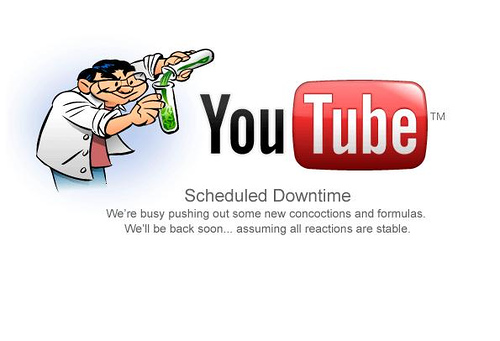Devops. Gotta love it.
Most companies or startups for that matter tend to focus on the obvious – Growth. The name of the game is always the same – Get bigger faster. The primary driver behind this is two prong – 1) The heavy reliance on the VC Model (more on this in a separate blog post) && 2) The increasing amount of competition within a certain market or niche.
Users today are spoilt for choice. Due to the low barrier of entry, everyone can now be or suddenly is an “entrepreneur” and thus, each and every one of them creates and launches services that tends to overlap with one another but one feature or offering. Hence users, for lack of a better way of putting it, are practically spoon-fed on services – if not this, then that.
To combat this and emerge victorious, most companies tend to focus their entire efforts on two primary aspects – 1) Growth Hacking / Marketing && 2) That “special” feature/offering. This is of course sheer data-driven logic made reality. Everyone from top-down understands why they do what they do.
I am here however to introduce a third vertical of consideration. One which most services tend to take for granted or ignore for the most part in their ongoing effort to grow. This third vertical is never considered when they pitch and in fact hardly ever appears in a graph anywhere. Its hardly looked at until and unless the company somehow closes a huge Series-A round and suddenly has an influx of staff.
The third vertical : Operational Stability

This is a term that dictates the life of most Devops groups and occasionally (READ : When X hits the fan) the COO or CTO of a large company. Nothing loses customer confidence faster than having an instable or non-operable service especially when its a type of service that is driven by immediate customer need.
What do I mean by this ? A simple example would be a booking/reservation system for Y where Y is anything from Taxis to Restaurants to Movie Tickets. These are systems that are purely driven by an immediate, time-sensitive need and varies from person to person. Customers who utilize such services expect a consistent service every single time to the point where they build three types of general reactions to it : –
-
Elated that it Worked. Hooray !!!
-
Takes it for granted. It should work – Cool.
-
Extremely annoyed when it doesn’t deliver. @#$%$# !!!
Generally, customers that fall into first reaction category tend to be the people that actively push and promote the product through word of mouth and are sometimes the most loyal of all – The Perfect Customer. Those in the second category generally have backup alternatives in their mind – if not this then that. Those that fall in the third category of course tend to be reputation damaging or sometimes tend to display “troll”-like reactions. Their reactions get some negative press but not to the point of concern.
The problem with such a scenario is “The Perfect Customer” and what happens when a service encounters downtime. Since these customers tend to become your “fanboys” and promote your service without any hesitation, they tend to expect it to always deliver and live up to the user experience. When a service fails to do so – some (not all) of them tend take a turn for the worst and start spreading bad press. These are what results in – Social Media Disasters. They feel that they have been horribly betrayed and take it upon themselves to cause as much noise as possible about what happened.
They tend to be able to influence a large crowd of people primarily those that are connected to them to further abandon the service. They don’t always seek compensatory claims but instead look for a honest, apologetic reaction from said service and a sincere attempt from the company to regain their trust and confidence. All in all – Worst situation to be in.
If you run a big company or one that has a age-old reputation of excellence, you might be able to weather the claims – but for any small company that’s just starting up, this is probably your worst nightmare. Having to deal with a mob of angry, discontented people will probably result in a significant distraction from your primary goals.
Hence, it is crucial that more service oriented companies take a serious look at their Dashboard Metrics and add some weightage on Operational Stability to ensure that they deliver a constant and consistent user experience for the end user no matter what your business model is. Its a long run game but one that prevents sneak up disasters that distract you and your team.